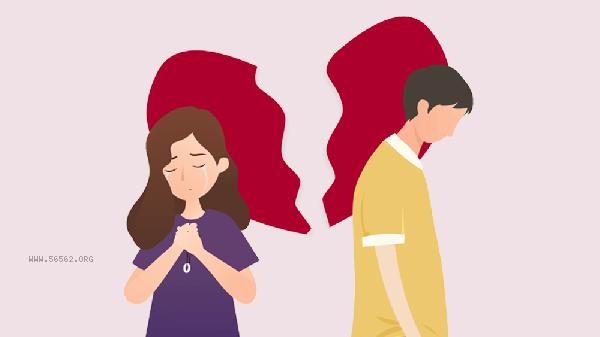The rise in modern divorce rates is mainly related to factors such as changes in social attitudes, increased economic pressure, upgraded emotional needs, weakened marital function, and awakening of individual consciousness. The combined effect of these factors leads to a decrease in marital stability, reflecting the lack of traditional marriage maintenance mechanisms.

1. Social Concept Transformation
The tolerance of divorce in society has significantly increased, and the lifelong contractual nature of traditional marriage has been weakened. The simplification of legal procedures reduces the cost of divorce decision-making, and some people view divorce as a routine option rather than a last resort to solve problems. The personalized values spread on social media have accelerated the instrumentalization of marriage.
2. Increased economic pressure
The rising cost of living such as housing, education, and healthcare exacerbates economic conflicts between couples, and dual income families face difficulties in balancing work and family. Economic independence reduces women's tolerance for low-quality marriages, and material needs and income gaps become catalysts for marital breakdown.
3. Emotional Needs Upgrade
Modern people's emotional expectations for marriage far exceed traditional life partnerships, pursuing spiritual resonance and sustained passion. The fast-paced lifestyle compresses emotional maintenance time, and the long-term inability to make ends meet in emotional accounts leads to relationship exhaustion. Some people lack the mature ability to handle intimate relationship conflicts.

4. Weakening of Marriage Function
The rigid functions of traditional marriage, such as economic mutual assistance and reproductive security, have been replaced by the social security system. The single economy and egg freezing technology reduce the necessity of marriage, and some people are more inclined to maintain relationship flexibility. The weakening of intergenerational support leads to a decrease in the risk resistance ability of newborn families.
5. Awakening of Individual Consciousness
Self actualization needs transcend the values of family collectivism, and marriage is no longer a necessary option in individual life. The popularization of psychological knowledge helps more people identify toxic relationships and lower the tolerance threshold for behaviors such as domestic violence and cold violence. The extension of lifespan increases the difficulty of maintaining a lifelong marriage exponentially. Improving the quality of marriage requires rebuilding emotional connection skills, and couples should regularly engage in deep communication exercises to establish common life goals and conflict resolution mechanisms. At the social level, it is necessary to improve the marriage counseling system, and enterprises and institutions can provide family friendly work policies. Individuals should fully evaluate the compatibility of their values before marriage, maintain mutual growth during the marriage, and seek professional psychological counseling if necessary. A healthy marital relationship requires both parties to continuously invest in emotional intelligence and social support systems for mutual nourishment.










Comments (0)
Leave a Comment
No comments yet
Be the first to share your thoughts!